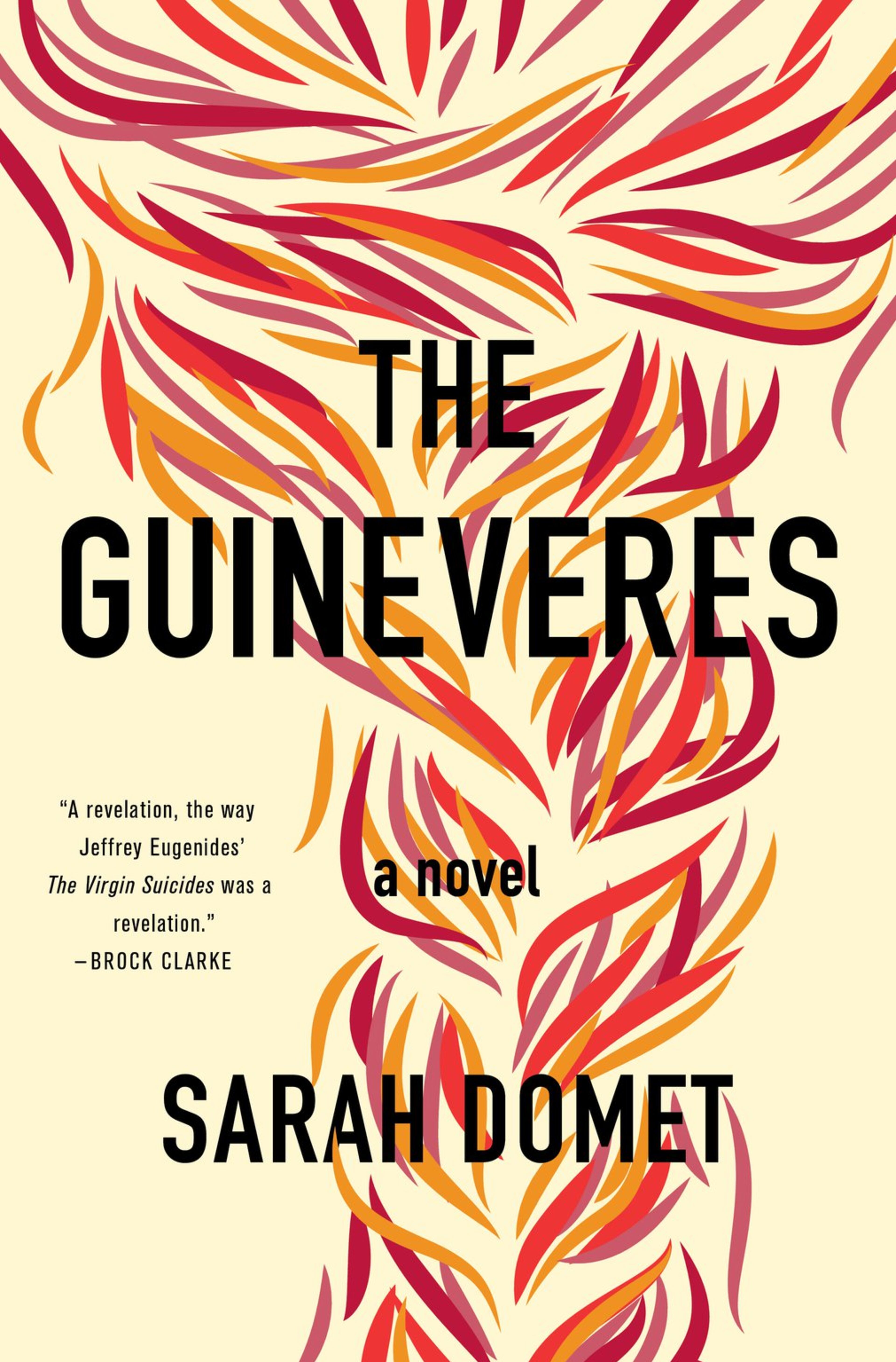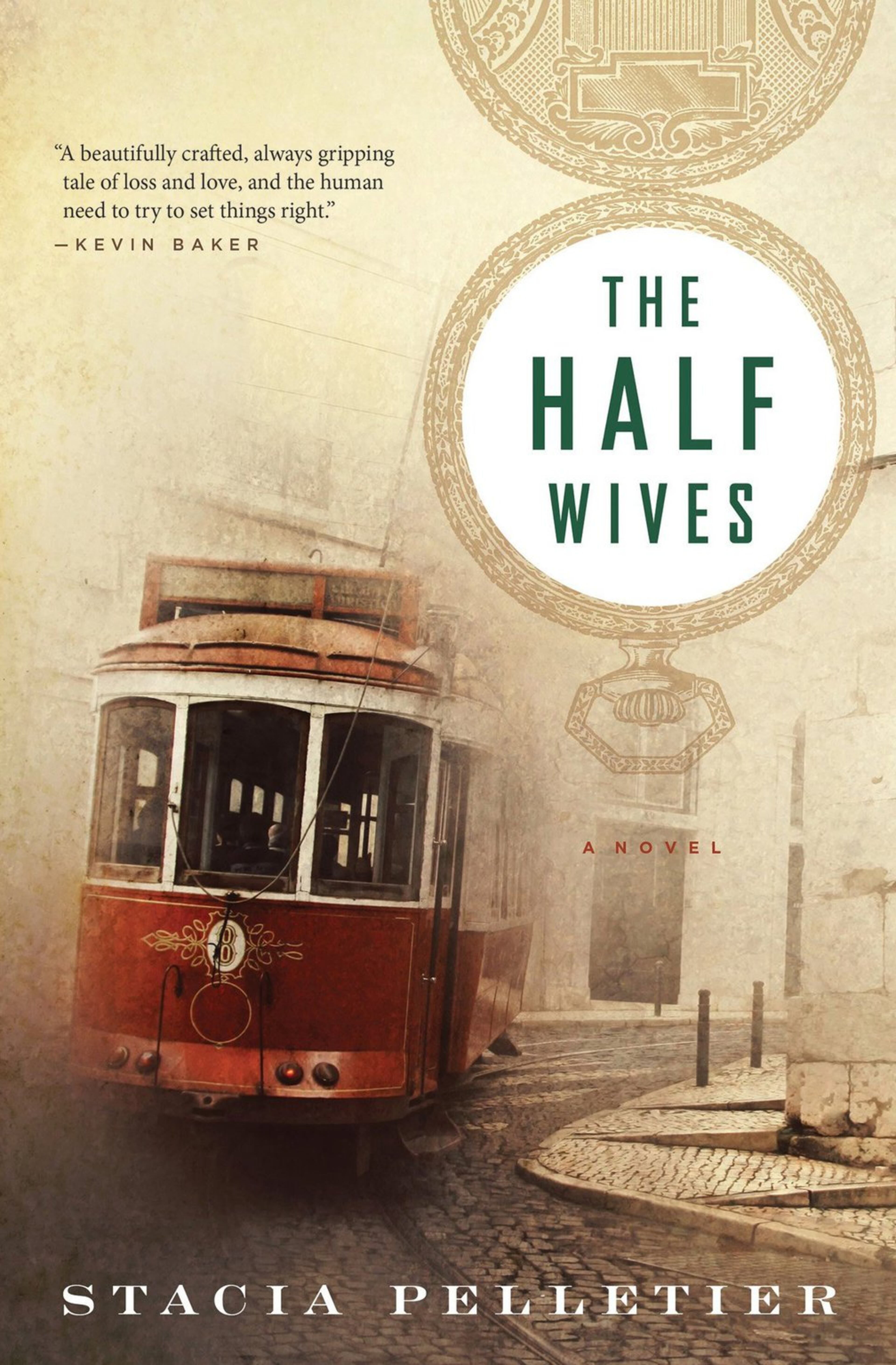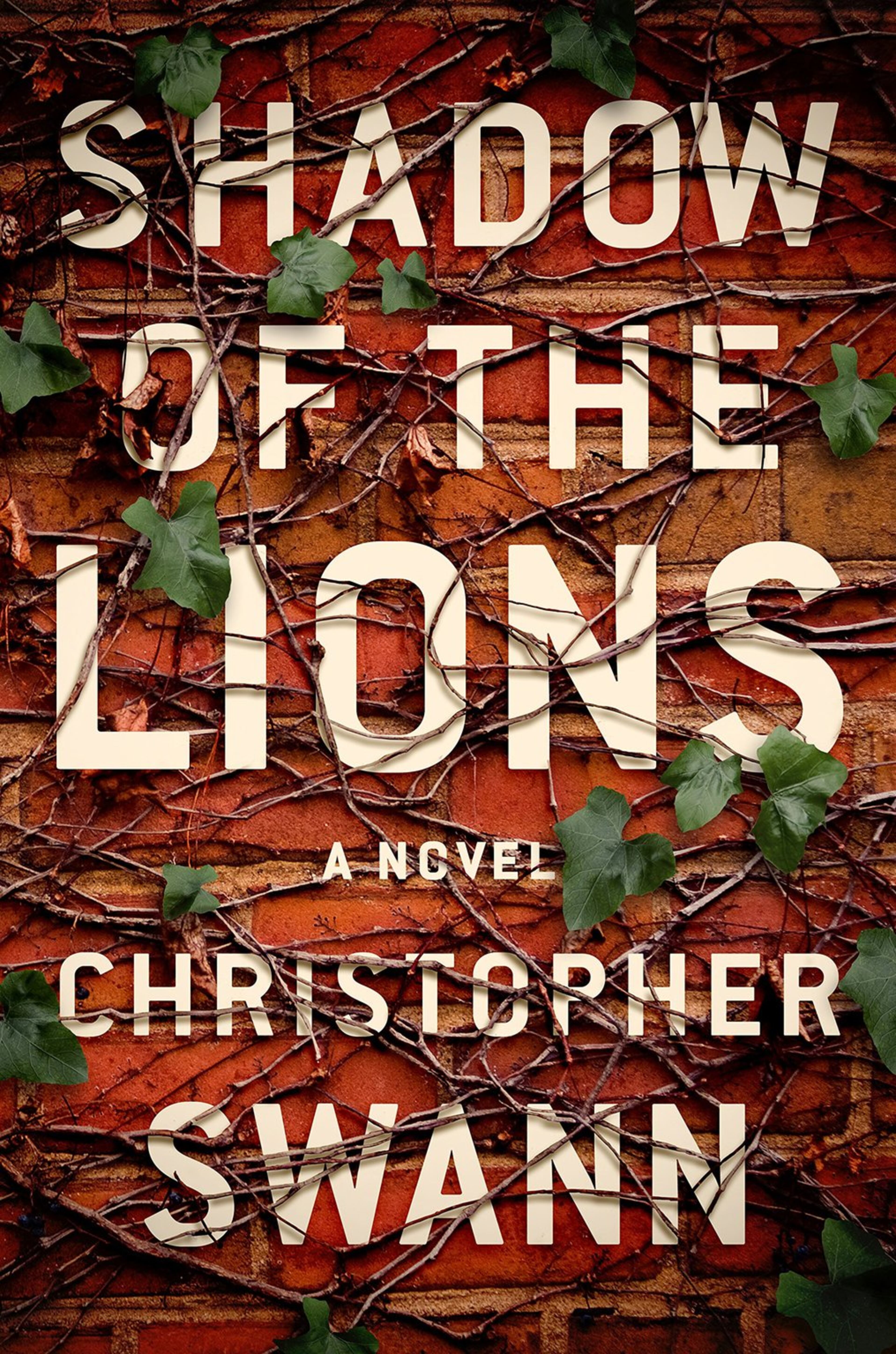10 Georgia authors compete for Townsend Prize

The only thing predictable about Georgia’s oldest and most prestigious literary award is its unpredictability.
Every two years, the state’s literati and publishing elite gather to see who will take home the Townsend Prize for Fiction, launched in 1981 as a memorial for Jim Townsend, Atlanta magazine’s founding editor. Anthony Winkler’s win in 2014 came as a surprise to some observers, with audible gasps in the crowd at the award ceremony. In 2016, Mary Hood became the first woman to claim the prize twice. Winners receive a silver tray and $2,000.
Each award cycle presents unique challenges, says Anna Schachner, editor of The Chattahoochee Review. “It’s always an eclectic list, but this year was particularly strong,” she says.
The literary journal of Georgia State University’s Perimeter College oversees the award, along with the Georgia Center for the Book. A seven-member reading committee includes representatives from both organizations and the Atlanta Writers Club.
Who will win? Schachner demurs, saying even she isn’t sure.
Five of this year’s 10 finalists are debut novels. Much of the list qualifies as historical fiction, though the titles cover a range of styles, from mysteries (“Lightning Men”) and coming-of-age narratives (“The Guineveres,” “Shadow of the Lions”) to Southern fiction (“Over the Plain Houses,” “Among the Living”).
“We’re seeing more books that are hybrids of commercial and literary fiction,” Schachner says of this year’s nominees, which reflects the publishing industry at large. “It makes for a different kind of book – not better or worse — but it’s something to think about when you’re working with a prize that recognizes literary excellence.”
The April 19 awards ceremony features Brad Watson, whose novel “Miss Jane” was long-listed for the 2016 National Book Award. In advance of the presentation, we asked the finalists to talk about their writing process and describe their novels in their own words.

Sarah Domet
Debut novelist Domet mixes zany wit with heartfelt introspection in her much-hyped coming-of-age story, which the AJC’s Becca J. G. Godwin described as “The Virgin Suicides” meets “The Sisterhood of the Traveling Pants.” The Savannah author says she was interested in the ways young girls find a sense of identity in challenging circumstances.
In the author's words: "During a time of war, four girls try to make sense of their lives after being abandoned by their parents at a convent."
First line: "We were known as The Guineveres to the other girls at the Sisters of the Supreme Adoration because our parents all named us Guinevere at birth, a coincidence that bound us together from the moment we met."
Julia Franks
Franks taught English at the Lovett School and elsewhere for more than 20 years before snagging a 2017 Georgia Author of the Year award for her arresting debut. She recalls being caught off guard by unexpected parallels with current events while writing the book. “Specifically, the farmer in the story longs to return to a time when issues were simpler and gender roles were more clear-cut,” she said.
In the author's words: "'Over the Plain Houses' is the story of a 1939 tobacco farmer who suspects that his wife could be a witch. And it's also her story, too."
First line: "It was the week before Easter when the lady agent first showed up to church."
Joshilyn Jackson
Perpetual Townsend finalist Jackson says she thought her seventh novel was going to be “a feminist and very Southern take on the hard-boiled detective story,” never guessing the plot would eventually include ancient Hindu poetry and retellings of Vedic epics.
In the author's words: "'The Opposite of Everyone' tells the story of a hard-edged Atlanta attorney whose adolescent mistake split her family in half. As the book opens, she learns her estranged mother is dying and that she is not an only child."
First lines: "I was born blue. If my mother hadn't pushed me out quick as a cat, I would have been born dead and even bluer; her cord was wrapped tight around my neck."
Martha Hall Kelly

‘Lilac Girls’
The lives of three very different women — an American actress, a Polish freedom fighter and a German doctor — intersect with poignancy in Kelly’s World War II page-turner. The author spent five years researching her debut, including trips to Warsaw and Berlin.
In the author's words: "The novel is based on the true story of how, in 1957, New York socialite Caroline Ferriday fought Soviet Russia to rescue a group of Polish Catholic women who had been experimented on at Ravensbruck Concentration Camp."
First line: "If I'd known I was about to meet the man who'd shatter me like bone china on terra cotta, I would have slept in."

Man Martin
‘The Lemon Jell-O Syndrome’
Humorist and cartoonist Martin landed Georgia Author of the Year awards for his first two books, “Days of the Endless Corvette” and “Paradise Dogs.” His latest follows a henpecked professor of grammar dealing with debilitating anxiety and suspicions that his wife is cheating.
In the author's words: "A young man signs up on a whaling ship only to learn the captain is a madman bent on metaphysical revenge."
First line: "The night before being struck by the Lemon Jell-O Syndrome, his private nickname for his terrible, incapacitating illness, Bone King taught Wednesday-night Composition 1101 at Fulsome College with an unease with which it has rarely been taught."

Thomas Mullen
Over 36 years, just two authors have won the Townsend twice. Mullen could be the third. Honored in 2012 for “The Many Deaths of the Firefly Brothers,” the prolific Decatur writer shelved the fantastic elements from his early works to create the gritty reality of “Darktown” and its sequel, “Lightning Men.” The series explores the struggles of Atlanta’s first black police officers.
In the author's words: "'Lightning Men' is a literary crime story set in Atlanta in 1950, two years after the city hired its first eight African-American officers, who weren't allowed to drive squad cars, use headquarters or arrest white people."
First line: "The tunnel is long and dark, and though his feet are moving it feels like he is being pulled by some other force, and then the tunnel recedes and he is alone before the vastness of the Southern sky."

Stacia Pelletier
‘The Half Wives’
The author’s first book, “Accidents of Providence” (published as Stacia Brown), was a Townsend finalist in 2014. Since then, Pelletier says she’s learned that you can write a novel in two years — “if you get up every morning at 4:30 and work until it’s time to go to your day job. But you’re going to need a lot of coffee.”
In the author's words: "'The Half Wives' is the story of two women both trying — in very different ways — to free themselves from the same man. It's set in late 19th century San Francisco, and it also explores the controversial closure of the city cemetery during that time period."
First line: "Waking is not the most accurate way to describe your current state."

Jonathan Rabb
Rabb wrote thrillers and historical mysteries before shifting gears with this quieter novel, a contemplation of survivor’s guilt and tribalism. The book came about after he left New York to join the faculty of the Savannah College of Art and Design. Rabb says his character Yitzhak helped him acclimate to the South. “As we were both outsiders while I wrote the book, his discoveries became my own, and that was very comforting.”
In the author's words: "Among the Living is the story of Yitzhak Goldah, a survivor from a camp during the war, who comes to live in Savannah with his only remaining family in the summer of 1947."
First line: "Yitzhak Goldah pressed his sallow brow to the glass and stared out at the slowing platform."

Christopher Swann
Swann, who teaches English at Holy Innocents’ Episcopal School, says his first novel taught him a lot about the writing process. “I learned that ‘write what you know’ can be incredibly freeing, if you can borrow what you need from your own experience and then make up the rest.” His acclaimed literary thriller brings to mind boarding-school classics like “A Separate Peace.”
In the author's words: "'Shadow of the Lions' has this question at its heart: What would happen if, as a teenager, your best friend disappeared? And what would you do if, years later, you had the chance to uncover what happened?"
First line: "The two lions crouched on top of their pedestals, frozen in preparation to leap."
Daren Wang
When Wang began researching the small town where he grew up, he was stunned by its history of “religious cults, Haudenosaunee excavations, ancient highways and radical politics.” That investigation led to a solemn and provocative historical novel — and a promising debut from the former executive director of the AJC Decatur Book Festival.
In the author's words: "The novel tells of an young woman in Western New York during the Civil War, the fugitive slave she falls in love with, and the ways in which their world comes to an end."
First line: "The shoes had been sound when he set out, but the frozen fields and mountain crossings had worn through the soles, tearing apart the stitching at the heels and toes."
EVENT PREVIEW
The Townsend Prize for Fiction. 6-8:30 p.m. April 19. DeKalb History Center, 101 E. Court Square, Decatur. $30. 404-370-3070 xt. 2285, chattahoocheereview.gsu.edu/townsend-prize

